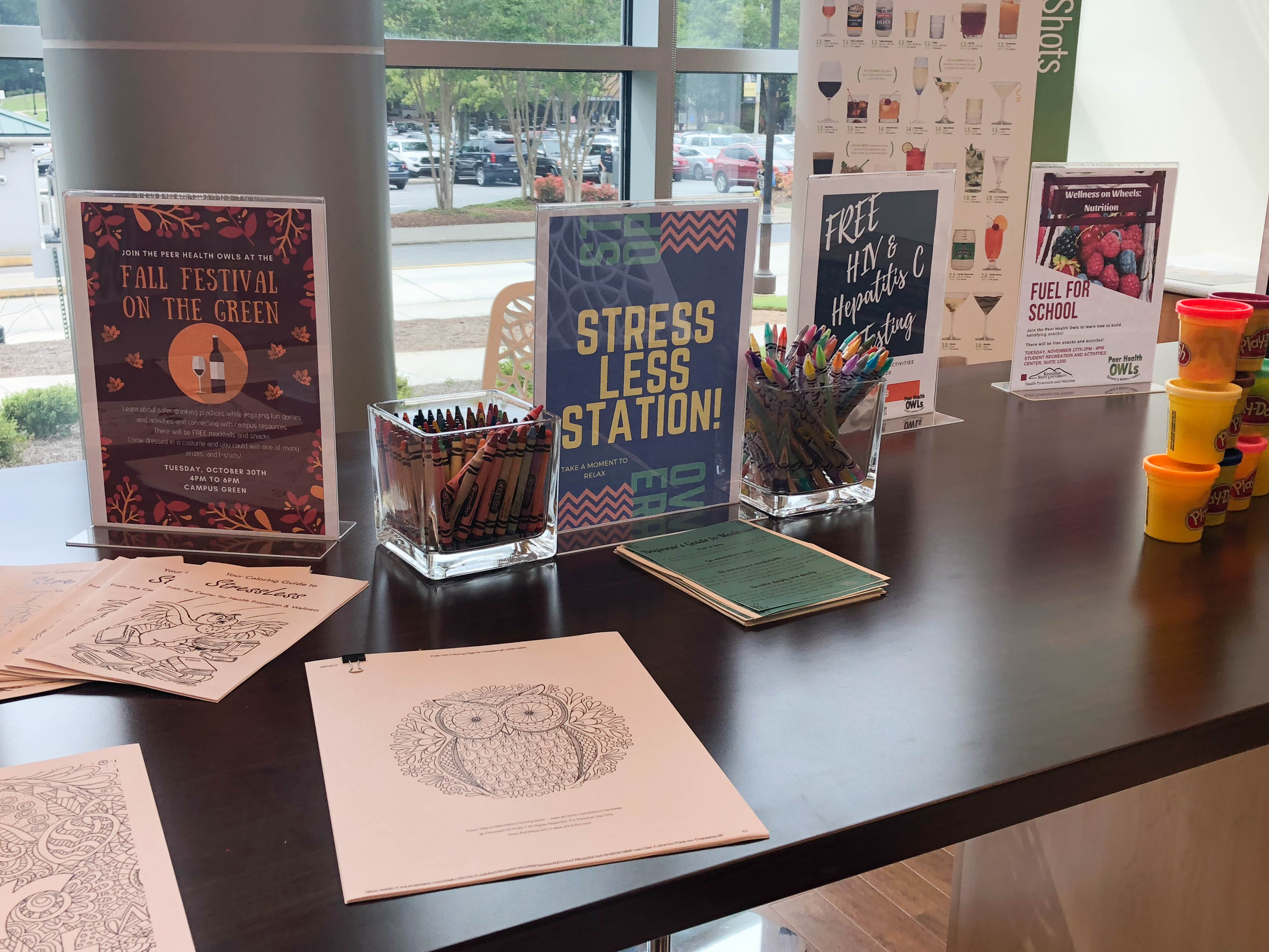The Civil Rights Movement of the 1960s changed society in modern-day America.
Dr. Martin Luther King Jr. led a number of nonviolent protests that highlighted the inequalities and disparities that existed in the U.S. at that time.
These protests elevated the misfortunes of discrimination and brought the social issue to a national level.
The Civil Rights Movement eventually sparked a cultural change in America, leading to an ethical and legislative achievement that is still evident today. Kelsey Overman, a junior at KSU, shared her thoughts on how the Civil Rights Movement has affected the lives of people today.
“It’s made us equal and has affected how we perceive each other,” Overman said. “It’s showed us that colors shouldn’t matter and that we’re all just people on the inside.”
KSU sophomore Brooke Miller presented an account of her experiences growing up in an area where prejudice and discrimination still exist.
“Unfortunately, prejudice is still brought up,” Miller said. “I came from a school that was very diverse and it [prejudice] was talked about far more than it should have.”
Dr. King once described the task of trying to forever change the mentality of social prejudice: “Change does not roll in on the wheels of inevitability, but comes through continuous struggle.”
Dr. King, along with the countless supporters of the Civil Rights Movement, has all but eliminated the legislative exploitation of minorities. In 2008, the United States elected its first African-American president, breaking a significant barrier in the fight for complete, racial equality.


